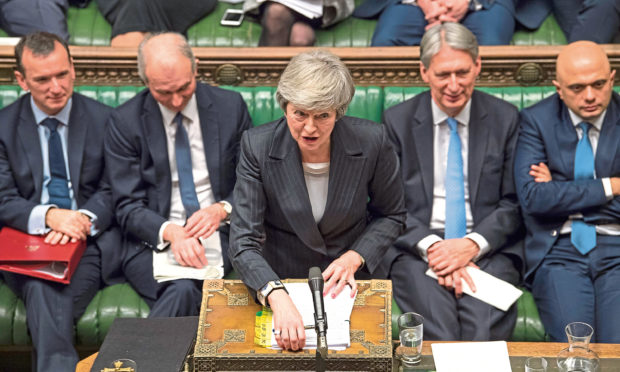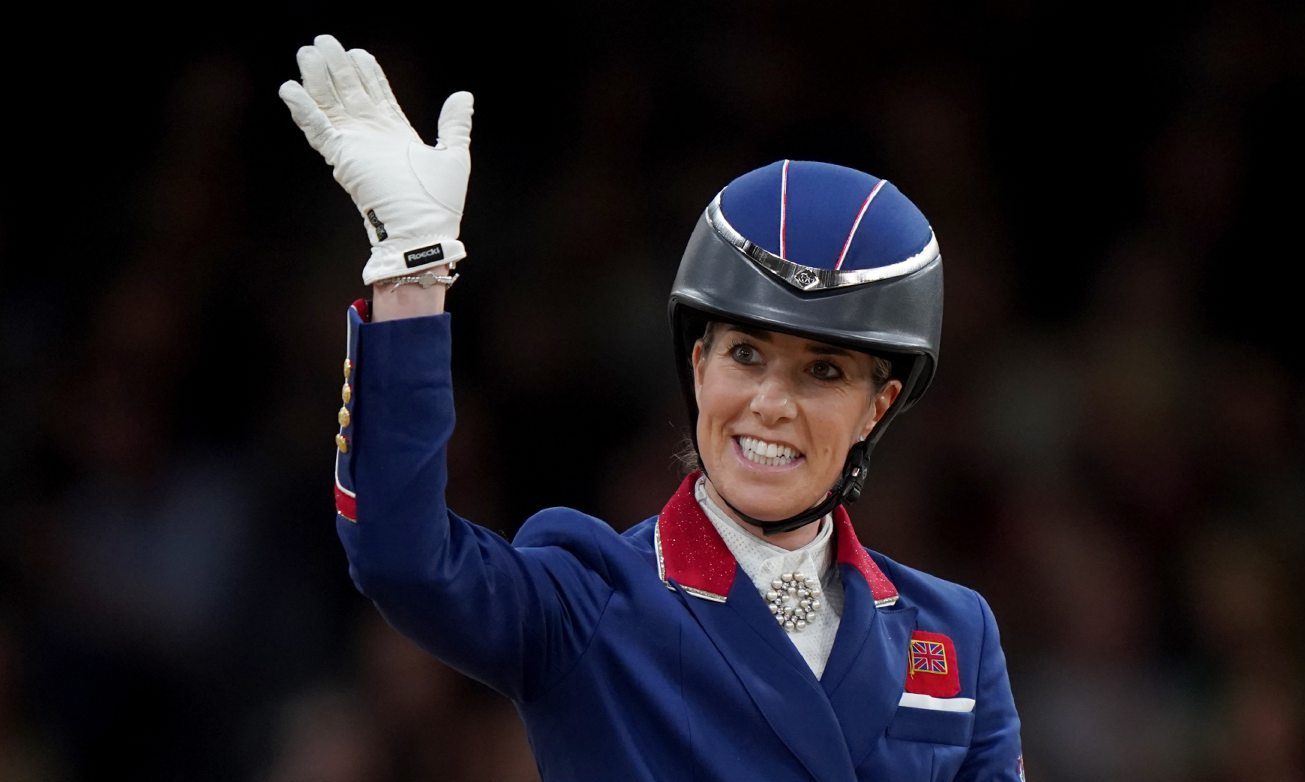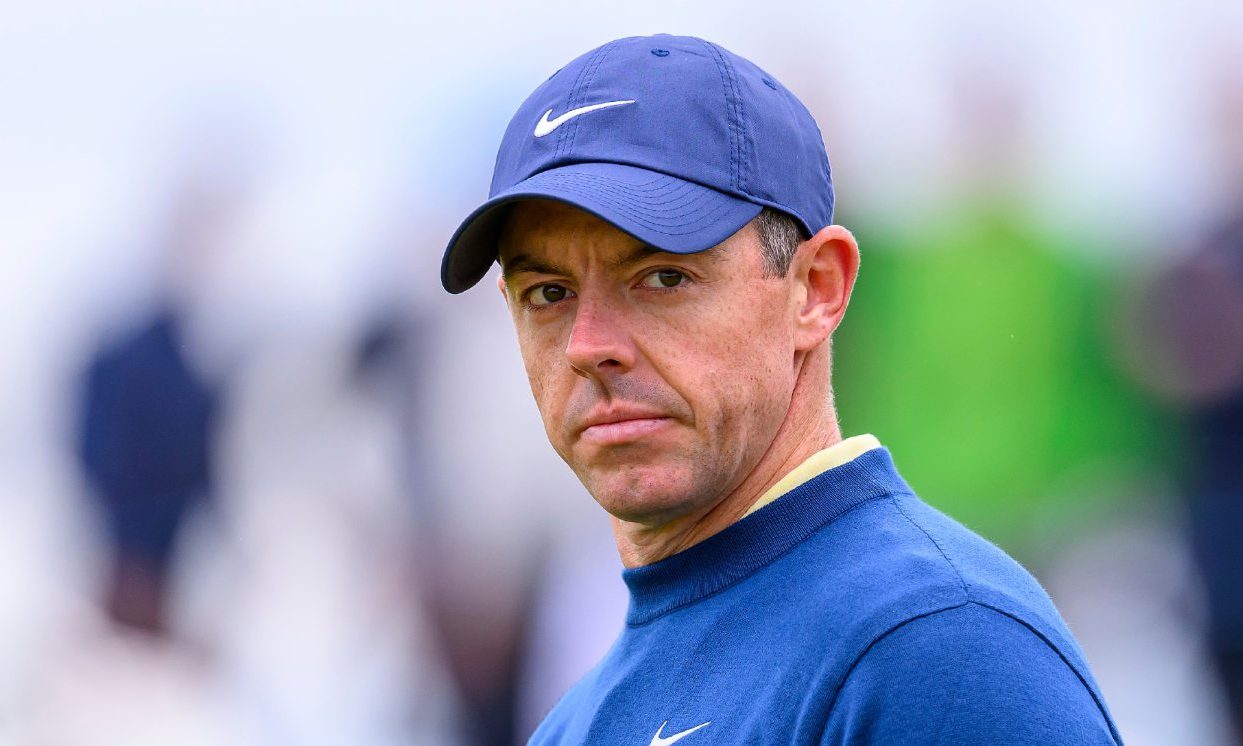Occasionally refugees get stuck at airports –passports no longer valid, they become stranded in diplomatic limbo among the duty-free.
This appears to be Britain’s fate on the current Brexit deal.
The attorney general’s legal advice, published yesterday, is that should we leave the EU next year but then fail to strike a trade deal with the Brussels, the backstop arrangement which keeps Britain in the customs territory would apply “indefinitely”.
The UK will be stuck in the customs territory, with no means of departure, and no control over its treatment.
A nation without papers, a refugee state.
The promise was to take back control, to do our own deals.
Yet we can’t even negotiate the first step, and nobody seems in control.
Brexit has finally become exciting, not because May looks weak, but as the forces ranged against her look so confused.
On Tuesday, the House of Commons voted three times against the government, forcing it to publish the legal advice on the Brexit deal.
This suggested the opposition was in the ascendancy, May on the way out.
However, by Prime Minister’s Question Time in the Commons, this was not the case.
May looked astonishingly calm and assured for a PM “humiliated”.
Jeremy Corbyn didn’t even mention Brexit in his exchanges with her – an appalling abdication of opposition duty, signalling that he has no better idea of how to get out of the EU.
Ian Blackford of the SNP struggled to convert the legal advice into a political point which had already been made a thousand times.
If this is chaos, then it is a very strange kind.
May, at the centre, assured her enemies but without direction.
None of this improves her chances of winning the meaningful vote next Tuesday, but it clearly shows the PM is not the problem.
The problem is the puzzle of Brexit which nobody can solve.
The sequence of failure starts with the Tory party, apparently consumed by a desire to quit the EU.
In fear of UKIP snatching Tory seats, David Cameron promised a referendum.
It spiked the threat from Nigel Farage, but had the unintended consequence of making the Tories the Brexit party when its leaders were pro-European.
So the Remainer David Cameron quit on the referendum result, only for another remainer to take charge.
People will argue that May has failed, but it seems more credible to say that the Brexiteers failed.
They could not agree on a single plan for Brexit, they couldn’t muster the support to topple May, they couldn’t identify an alternative candidate for PM.
There is an argument that Whitehall failed the people – it adopted a damage-limitation strategy rather than a full-on Brexit.
Yet the mandarins were acting in a political environment where the PM wanted a soft Brexit and nobody had a coherent alternative.
It seems more plausible that May and Whitehall have simply demonstrated that the initial idea – Brexit – stank from the outset.
The humiliation is for the Brexiteers. Johnson fluffing his leadership bid in 2016, for failing to use his time as Foreign Secretary to promote a single constructive idea about Brexit, while whipping up populist sentiment.
Farage for quitting his own party, the driving force which brought about the 2016 referendum, just as his “vision” was needed.
The European Research Group, a cabal of Tory Brexiteers led by Jacob Rees Mogg, who demonstrated sensational levels of ignorance about the EU, Britain and the British constitution.
Did these zealots have any notion about the cost of leaving the EU, about the complexity of Northern Ireland or the divide of powers between government and parliament before they started this extended act of vandalism?
It seems more likely that arrogance and greed drove them on, leaving the details to below stairs.
Left to the Brexiteers, Britain would become a maverick state, a spiv on the international stage trying to sell knock-off goods to the irritation of everyone else.
May has offered a better chance than this – a kind of refugee state, neither in nor out.
She correctly points out that it is not in the EU’s interest to keep the UK in the backstop – Britain would have access to the customs union without obligations to Brussels.
What she seems to really be saying is: “Look, that’s the best we can get, is it really what you want?”
Judging by this week, the entire opposition, media and public are united in saying no.
Now it’s their moment to stop it.
As she dared her Brexit ministers to put up or shut up, so she dares the opposition to have the courage to oppose – it’s not her fault if they are weak.
The people said they wanted to leave, but the politicians who encouraged them have offered nothing constructive since.
Perhaps it is the Brexit politicians who are the refugees, the lost souls in departure who will never go anywhere, and May the wise voice asking the nation if we really want to follow them.




